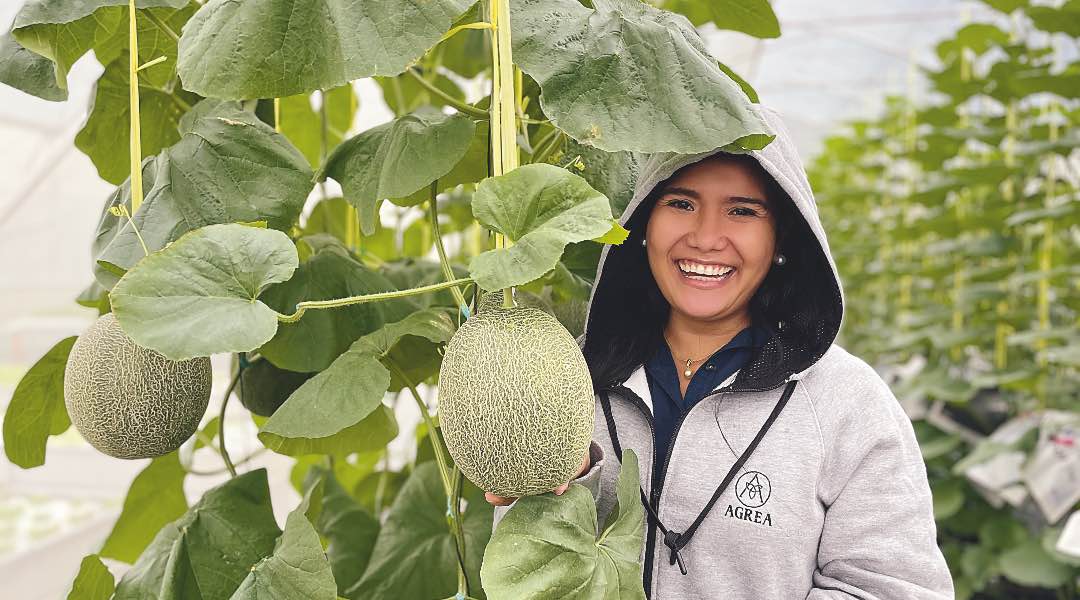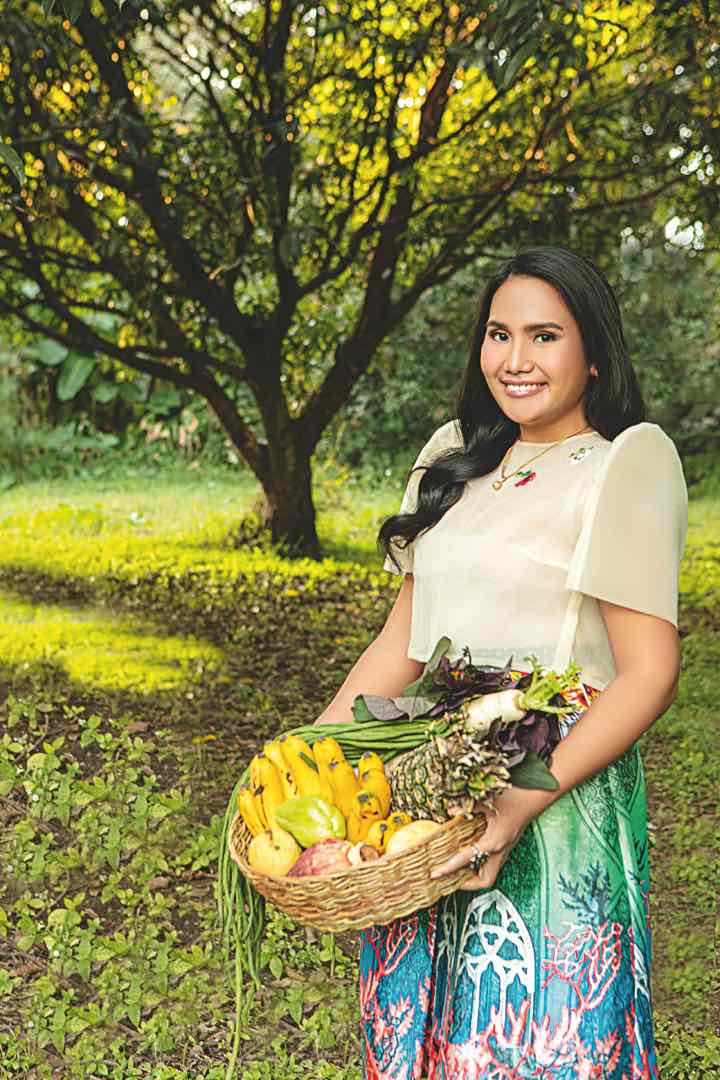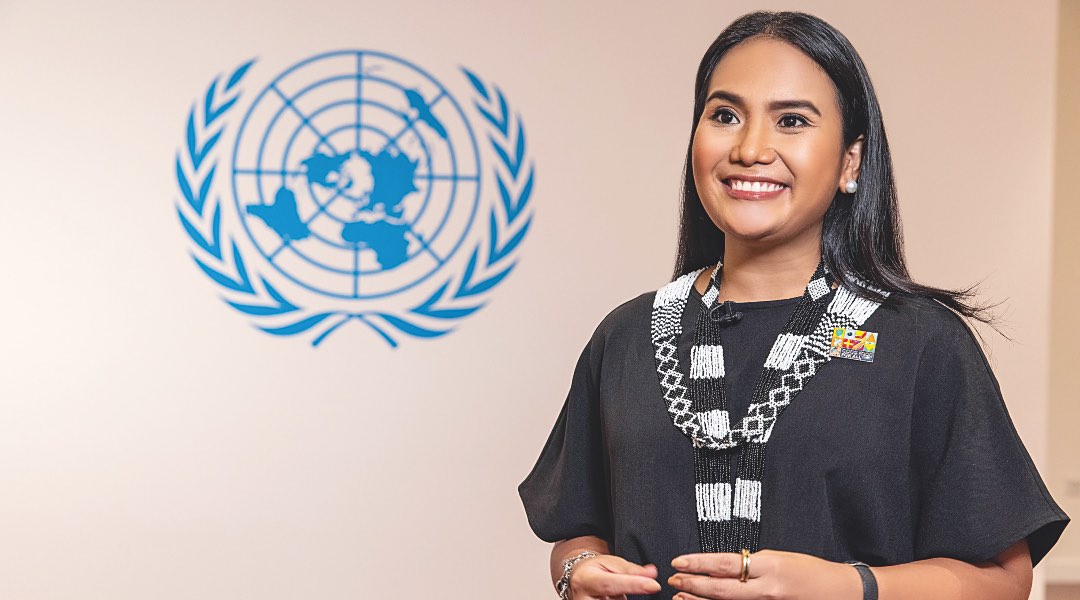A useful and significant life means living on my own terms centered on intentionality.
I’ve always wanted to live a useful life – a significant one. One that helps a lot of people. This has meant living on my own terms, centered on intentionality, gratefulness, and my own happiness. Living a useful life is measured by how many people you bring into the last mile and to the finish line. It’s how many people whose lives you’re able to lift in the process. I got lucky I grew up in a very loving home being the youngest of five. However, I lost my dad when I was three years old. Learning to live without a father was an eye-opener for me. My father was such a good entrepreneur and the best provider to our family when he was alive, but we almost lost everything when he died.

My mom, who’s a single housewife, had never worked and with the little money left, she started a school cafeteria to sustain the family single-handedly. A lot of people who owed my dad money didn’t pay us back and it was a real struggle. So I started sending myself to school through scholarships. But at the end of the day, my mother would always remind me that, to be very good, you need to help people. You need to measure how much you help others. That is the distance between your brain and your heart. If you can’t measure this distance, then you have
forgotten about life. Growing up in a sugarcane farm in Negros occidental ignited so many dreams in my heart, dreams to help the farmers get out from poverty and live a decent life and to have my own agribusiness one
day that will work with the farmers in the Philippines, as well as be an advocate of sustainable agriculture all over the world.
READ ALSO: One More Day: How Self-Care Played An Essential Role In This Cancer Thriver’s Journey To Finding Joy
At 11 years old, I read the book about bio-intensive gardening. The books says, “When you’re poor, 100% of your income goes to food allocated to 70% rice and 30% viand. However, when you know how to plant vegetables, you will save this 30% that may be used to send your children to school and have a roof on your head”.
This book inspired me so much to teach farmers in sari-sari stores every weekend who were gathering there during their drinking sessions. I would teach them how to plant vegetables and make composting that I learned from the scholarship center. As a child, I was very observant of what’s happening around me, and through this I became very passionate about agriculture.
Growing up, we were always reminded that we needed to study harder so we didn’t end up working on a farm. It was a very hard job. But every weekend, I would have no playmates because they were working on the farms. So I would run away from the house and work in the sugarcane fields. We would play under the irrigation canals, like rainwater with the kids from the farm. So, I grew up seeing kids who were farmers and I would ask them why they were not in school. The kids could not afford to go to school or university. Their parents were farmers and laborers, and so they were very poor. They would marry young, at 15 or 16, and then give birth. And then their children work as well on the farm. They were trapped in a vicious cycle.

I left home at 15 years old to study agriculture in Visayas State University in Leyte province. It was 24 hours of travel from Bacolod to Baybay, Leyte crossing the main island of Cebu. It was during summer, my first long journey to my new home for the next four years, an amazing dorm life where I also started an “honesty store” for the dorm occupants. I studied there as a scholar of Negros Occidental province. While in the University, I became a working student too to earn more income to sustain my education as the allowance was not enough considering so
many school requirements.
I remember sending some extra money back home to my single mom to start a piggery. It helped my mom as my sister was also in university and there were just too many bills to pay. Our bonding moments over long distance calls were teaching my mother how to run a piggery based on what I learned from school. I was juggling school, maintaining my scholarship, running my little entrepreneurial ventures as well as involving myself in some leadership positions in the university.
Those years were the best years of my life, a perfect foundation of independence and navigating on my own what I want to dedicate my life to moving forward. It was pretty clear to me that I will spend this life working in the agriculture sector, uplifting farmers, learning more about sustainable agriculture, and understanding
the economics of agribusiness. After graduation, I was head-hunted to work in a leading real estate company in the country to help in their landscaping projects. It was an experience of a lifetime as at a very young age, I was able to help in the implementation of the best land development projects in Metro Manila where people now are changemakers.

We understand that if we are to expand our work, it starts and ends with farmers. We always say to the farmers, if we help you, you have to help your neighbors too. If we only think in plain business terms, the question will always
be to determine what is the cheapest possible commodity and how can we cut costs at all levels. But if you take a step back and look at the entire formula you rapidly understand that someone must lose in the process. On the one hand, consumers don’t know what the true price of their food is, and on the other hand, traders and
intermediaries earn the surplus profit. Who ends up losing out in this process? Most of the time, it is the farmers.
And we don’t invest much in our food producers because we don’t care enough. The moment you have food on your plate, you don’t really care where it comes from. Rarely do we know how our food was produced and who produced it. So, I think there is a problem of not caring enough in our food production formula. There is a problem of “fairness” in the entire formula of trade — throughout the whole supply chain. It’s a systemic problem.
AGREA business has a goal of graduating farmers from poverty in 20 months. We help farmers to diversify their cropping system so that they become more resilient towards climate change and still earn layers of income from their cropping system the entire year. On the other hand, AGREA Foundation that was established
in 2016 is working nationally and advocating globally focusing on women economic empowerment in the food and agriculture sector, youth leadership and agri-preneruship, farmers resiliency, and financial literacy.
CHERRIE D. ATILANO is an agricultural scientist, agri-economist, and environmental advocate. A radical optimist and dreamer who believes that Filipino farmers are world class, she is the founder and ceo of AGREA Agricultural Systems International, Inc., a for-purpose and inclusive business that is creating the first replicable one-island economy that is zero hunger, zero waste, and zero insufficiency. AGREA works with 30,000 smallholder farmers in the Philippines.
Photos courtesy of Cherrie Atilano.





